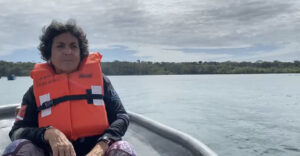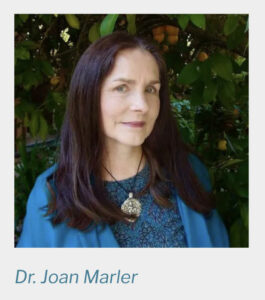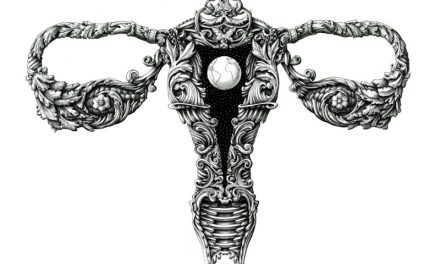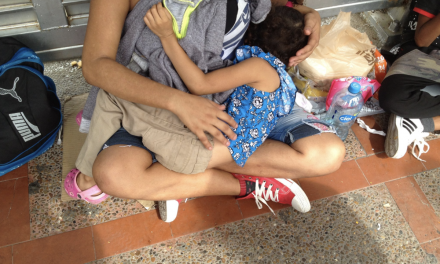POSTED ONJULY 20, 2023 BY WOMENANDMYTH
Shipwrecks, citizen science and archaeomythology

Dr. María Suárez Toro
Scholar Salon #56 is a special presentation by María Suárez Toro to discuss her underwater archaeology program in Costa Rica and to celebrate the birth of a new collaborative project. She has invited two partners to discuss this exciting interdisciplinary effort to combine principles of archaeomythology with the investigation of shipwrecks–and identity– in Costa Rica and in South Africa. To our knowledge, this is the first time that these concepts of archaeomythology have been applied to a myth-making program of citizen science like Maria’s underwater archaeology work with young adults.

Dr. María Suárez Toro
María Suárez Toro (Puerto Rican and Costa Rican), “feminist, teacher, activist, writer, fisherwoman and scuba diver,” is the co-founder of Ambassadors of the Sea in Costa Rica’s Caribbean. As research coordinator of its community underwater archaeology program, she works with young people searching for identity in a project stewarded by citizen scientists, through their exploration of sunken slave ships. The project researchers are Afro and native youth, the direct inheritors of the legacies of untold stories of their coastal communities. Maria has created a literary and mythic ancestral Yoruba character, Tona Ina, “sea light” in Yoruba. Tona Ina is the storyteller who recovers the cultural stories and the mythologies found in the wrecks being researched.
Dr. Joan Marler

Joan Marler is the executive director of the Institute of Archaeomythology who earned her doctorate in Philosophy and Religion and Women’s Spirituality at the California Institute of Integral Studies in San Francisco. She is the editor of The Civilization of the Goddess by Marija Gimbutas and the Journal of Archaeomythology, among other publications, and has authored numerous articles on archaeomythological themes. Her collaboration with María Suárez Toro applies the interdisciplinary nature of archaeomythology to include the multi-generational underwater excavations of possible slave ships discovered off the coast of Costa Rica, linking scientific studies of ongoing archaeological discoveries with the deep memories of afro-descendent communities residing along the coast.
MSc Aaniyah Martin 
Aaniyah Martin is a South African graduate student in the caring of the hydrocommons and marine environment in post apartheid South Africa, addressing the injustices of apartheid legacy and co-creating care for the hydrocommons. “It is now 30 years after democracy in South Africa, yet the history and legacy of apartheid continues and has an effect on Black and Indigenous People of Colour (BIPOC) by excluding them from the ocean and other spaces. Her ancestors were brought to the Cape as slaves from Indonesia in the late 1600s. Her walking and swimming takes place along the False Bay coastline of Cape Town, which is the city where she was born. The False Bay coastline is “laden with stories, both shared and erased,” and Aaniyah’s research focuses on re-telling and re-mapping stories that have been forgotten.” Her study is also being informed by a recent visit to Costa Rica’s Southern Caribbean where she met María Suárez Toro and Tona Ina in the “diving with a purpose” youth project where she learned a Caribbean pedagogy about connecting ancestry to present day search and research about sunken ships of the Transatlantic Slave Trade.



